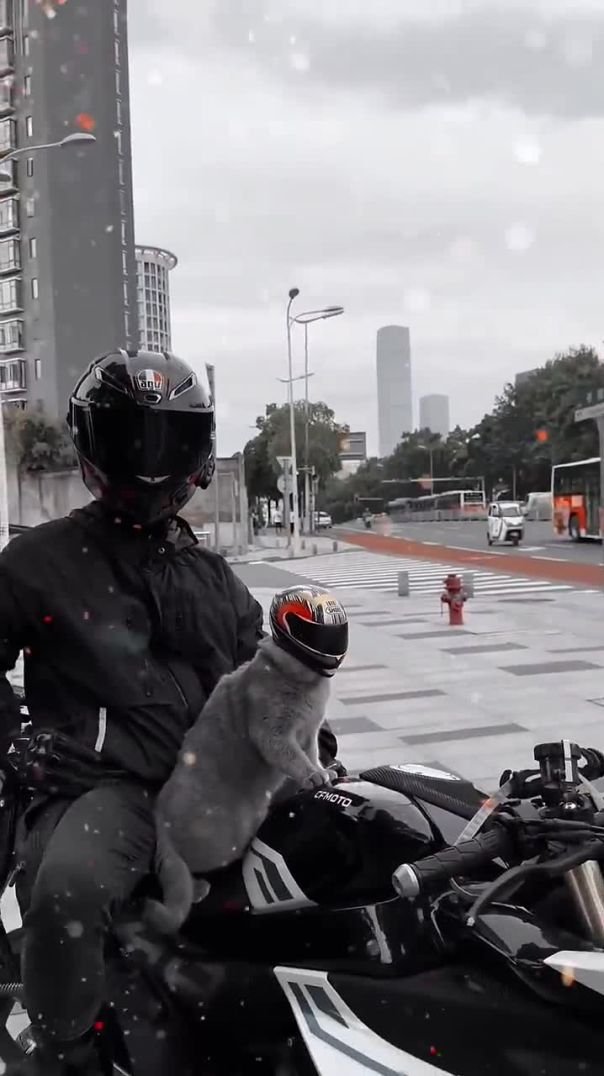9 Views· 24 October 2022
Teresa Tung, Accenture | Accenture Tech Vision 2020
Teresa Tung, Managing Director of Accenture Labs, sits down with Jeff Frick at Accenture Tech Vision 2020 in San Francisco, CA.
#TechVision2020 #Accenture #theCUBE
https://siliconangle.com/2020/....02/17/watch-out-for-
Watch out for robots in the wild: a report from the post-digital near future
Companies still focused on digital transformation are going to need to play catch up. Gone are the days when being digital gave an advantage. Connectivity and accessibility are now base-level expectations.
Welcome to the next era of technology: post-digital. Big data has hooked up with big compute and intelligent analytics, opening the door for artificial intelligence to enter the mainstream. Now, advances in programmable AI are sending robots out into the world to roam free.
“Now that robots are programmable, you can buy them and apply them,” said Teresa Tung (pictured), managing director of Accenture Labs at Accenture LLP. “We’re going to unlock a whole bunch of new use cases beyond just those … that are very strictly designed in a very structured environment to things in an unstructured and semi-structured environment.”
These aren’t incorporeal robots performing automated tasks invisibly. These are robots as imagined by sci-fi authors — android servants doing those tasks which humans choose to assign them.
“The opportunities for robots are jobs that are dull, dirty or dangerous. These are things that humans don’t want to or shouldn’t be doing,” Tung said. Or you could program the robot to “go get us a beer,” she laughed.
Tung spoke with Jeff Frick, host of theCUBE, SiliconANGLE Media’s mobile livestreaming studio, during the Accenture Technology Vision event in San Francisco. They discussed the importance of innovation in the workplace and how advances in human-robot interaction are bringing robots into everyday life.
This week theCUBE spotlights Teresa Tung in its Women in Tech feature.
From rhetorics to programmable AI
Technological innovation is the hallmark of Tung’s career. However, engineering wasn’t her first choice. “I thought it was too much of a nerd thing,” she said.
That changed when she took a programming class and discovered that she enjoyed the challenge of creating and building solutions. She changed her field of study at the University of California at Berkeley and gained a bachelor’s degree in electrical engineering and computer science. Tung continued her studies with the Berkeley EECS department, graduating with both a master’s degree and a doctorate in the field.
After a short internship with Siemens AG, Tung joined Accenture as a manager, working on the company’s Cloud Computing and Green Technology Suites. She was promoted to senior manager, working with the API Industrialization initiative within Accenture Technology Labs’ Next Generation Software Architecture R&D group, and then became a Technology Fellow before taking the reins of Systems & Platforms R&D as a managing director at Accenture Labs.
In a company known for innovation, Tung holds the honor of being Accenture’s most active inventor. She currently has over 180 patents or pending patents to her name, with more in the pipeline. Her work in cloud computing, big data, application interface protocols, edge computing, and the internet of things has contributed to many of the cutting-edge products developed by Accenture.
Tung is currently one of the solution provider finalists for the Internet of Things World 2020 Leader of the Year awards for her “outstanding leadership” in the implementation and success of IoT in the workplace.
Robots go into the wild
As part of the company’s Systems & Platforms R&D Group, Tung is currently focused on advances in blockchain, edge analytics, quantum computing, and enterprise robotics. But her current passion is the intersection of physical robots and AI.
“This is going to allow us to close that sense-analyze-actuate loop,” Tung said. “Now the robot can actually do something based off of the analytics.”
Programmable robots are already at work. “You probably do see them on the streets already,” Tung pointed out. “You see them for security use cases. Maybe mopping up a store [so] the employees can actually focus on the customers. … We see them in the airports. If you pay attention to modern airports, you see robots bringing out the baggage and doing some of the baggage handling.”
The breakthrough allowing robots to step into society is programmable automation. This means robots are not restricted to one task but can be taught to do various jobs, thanks to technology such as navigation and facial recognition.
...
Here’s the complete video interview, part of SiliconANGLE’s and theCUBE’s coverage of the recent Accenture Technology Vision event.


















![Lil Uzi Vert - Futsal Shuffle 2020 [Official Music Video]](https://i.ytimg.com/vi/nwE_BsjBSUw/maxresdefault.jpg)








0 Comments